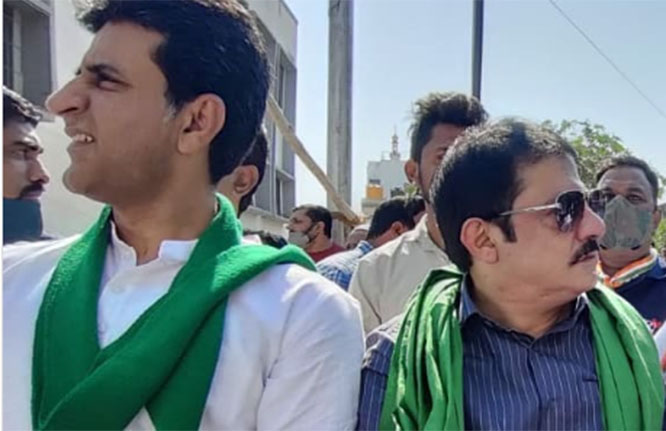Bengaluru, Nov 13: A staff of cash management firm, who was on the run after stealing Rs 30 lakh from ATM kiosks he had refilled, was arrested when he came to meet his girlfriend in Bengaluru.
Accused Vinay Jogi, 30, a native of coastal district of Udupi and resident of Laggere, worked as a cash custodian with Secure Value, a cash management firm, for five years. He allegedly took money from ATMs by misusing official keys and passwords and went absconding in the last week of August after his misdeeds came to his employer’s notice.
Byadarahalli police registered a case of cheating against Jogi on August 27 on the basis of a complaint by Raju A, manager of Secure Value. Police said an audit by the firm found Rs 30 lakh had been misappropriated. Jogi absconded soon after he learnt about the audit on August 24.
Police learnt Jogi had sent a video to his colleagues that he was being harassed by his employers. He had also apologised to his parents and sister in the nearly one-and-a-half-minute video. Jogi claimed he was suffering from brain tumour and would die in a few days. He also said he would commit suicide by jumping into Netravathi river.
Meanwhile, police traced him to a place near Ballari. A team was dispatched to nab him but Jogi kept changing locations and sim cards to evade cops.
Finally, police got a tipoff that he was going to meet his girlfriend at her residence in Bengaluru and the team headed by inspector A Rajiv swooped down on him when he was approaching the house. Police said Jogi didn’t take away huge amounts of cash from the ATMs. Investigation revealed he started pocketing money from the kiosks a day after he had refilled them.
“He used to refill kiosks belonging to several banks on behalf of Secure Value. He used to visit the ATMs the next morning and open the chest using the keys and passwords. He took Rs 1 lakh or Rs 2 lakh at a time and left the spot. Jogi used to change the direction of CCTV cameras on entering the kiosk. He also used to flash light at the camera to blur his image,” a police officer said.
Police said an unmarried Jogi had built a house in Udupi after availing loans. Police have recovered Rs 11 lakh which he had transferred to a bank and Rs 14.5 lakh he sent to his parents by courier.
Police said a case was registered against Jogi for pocketing Rs 30 lakh from four ATM kiosks in multiple instalments. Now, he’s confessed to have stolen more than Rs 50 lakh from 15 ATMs in the city over several months.







Comments
Add new comment